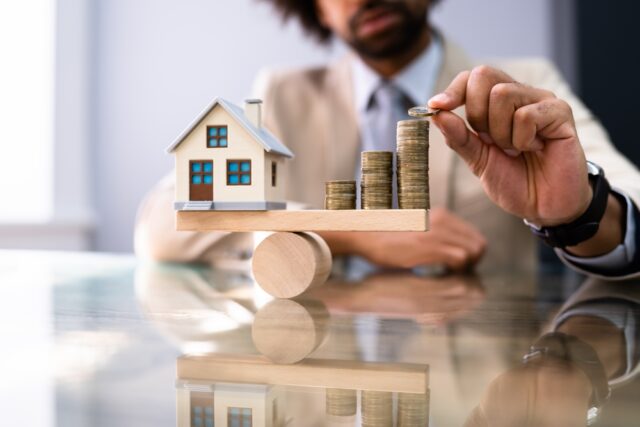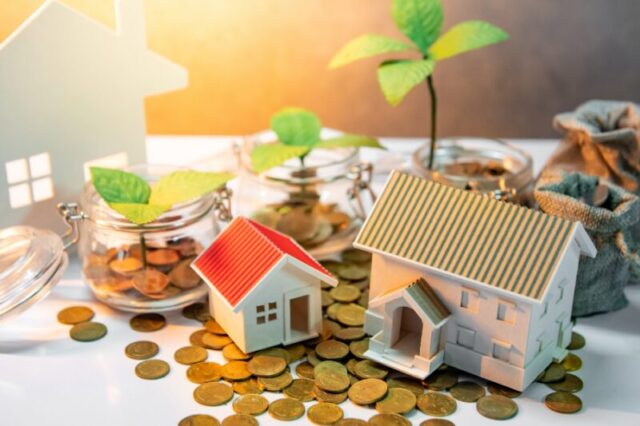
We tend to think of recession as a bad thing. Most of the time, it is. Recession leads to less economic growth. It leads to higher retail prices and wages that don’t keep up. But there are certain situations in which recession can actually be good. Real estate investing is one of them. Investing in property during a recession can wind up paying huge dividends years down the road.
If you remember the 2007/2008 housing crash, perhaps you also remember how aggressive investors were in scarfing up single-family homes. They went after distressed properties they could get at a bargain. Many a real estate investor substantially boosted his portfolio between 2008 and 2012. Could we be headed for a similar scenario with commercial real estate?
Inflation is Taking Its Toll

More than two years of steady inflation has seen consumer purchasing power eroded at a rate unseen since the Carter administration. Surprisingly though, residential property values have continued to climb. It appears as though they may have peaked. In the commercial sector, it is a different ballgame.
Commercial property has struggled since the start of the COVID pandemic. Office space has been hit especially hard, thanks to companies sending their employees home and not bringing them back. We have seen a direct correlation between the rise in remote work and an increase in vacant office space. In many markets, there is a glut of office space that is only driving rental rates down.
In Recession, Or Close to It

More conservative economic experts say the country is already in recession. Whether or not you agree, even the more liberal economists are beginning to say we are close to a recession. For the sake of this post, let us assume the latter group is correct. Let’s assume we are on the verge of the next recession.
A new recession would drive both residential and commercial property prices down. I suspect commercial property would be hit harder due to the aforementioned remote work scenario. And if I am right, real estate investors could see plenty of opportunities to buy up valuable properties at discount prices.
That is exactly what property investors look for. They want maximum value at the lowest possible price. Recession gives them that. However, it’s not all sunshine and roses. There are plenty of things that investors need to consider.
Someone Has to Finance Acquisitions

For starters, someone needs to finance acquisitions. Real estate investors traditionally turn to hard money lenders like Salt Lake City’s Actium Partners. Will those same lenders be as willing to lend in a recession? If history is any indication, some will but others will not. Investors may have to do a lot more digging around to find a hard money lender they can work with.
Rates Will Be Higher
If a property investor can find a hard money lender, it is almost certain that interest rates will be higher. Recession has a bad habit of kicking rates up. If rates go high enough, they may surpass any perceived value a property investor would get out of lower purchase prices. Interest rates can actually be the determining factor for a lot of deals.
We Should Know Soon Enough
Most of what has been offered in this post is mere speculation. But we should know soon enough if the speculation is accurate. We are now just about one year out from the next national election. Expect Washington to work overtime to prevent a new recession. If one does come, it could actually be good for property investors and the lenders willing to finance their acquisitions.









